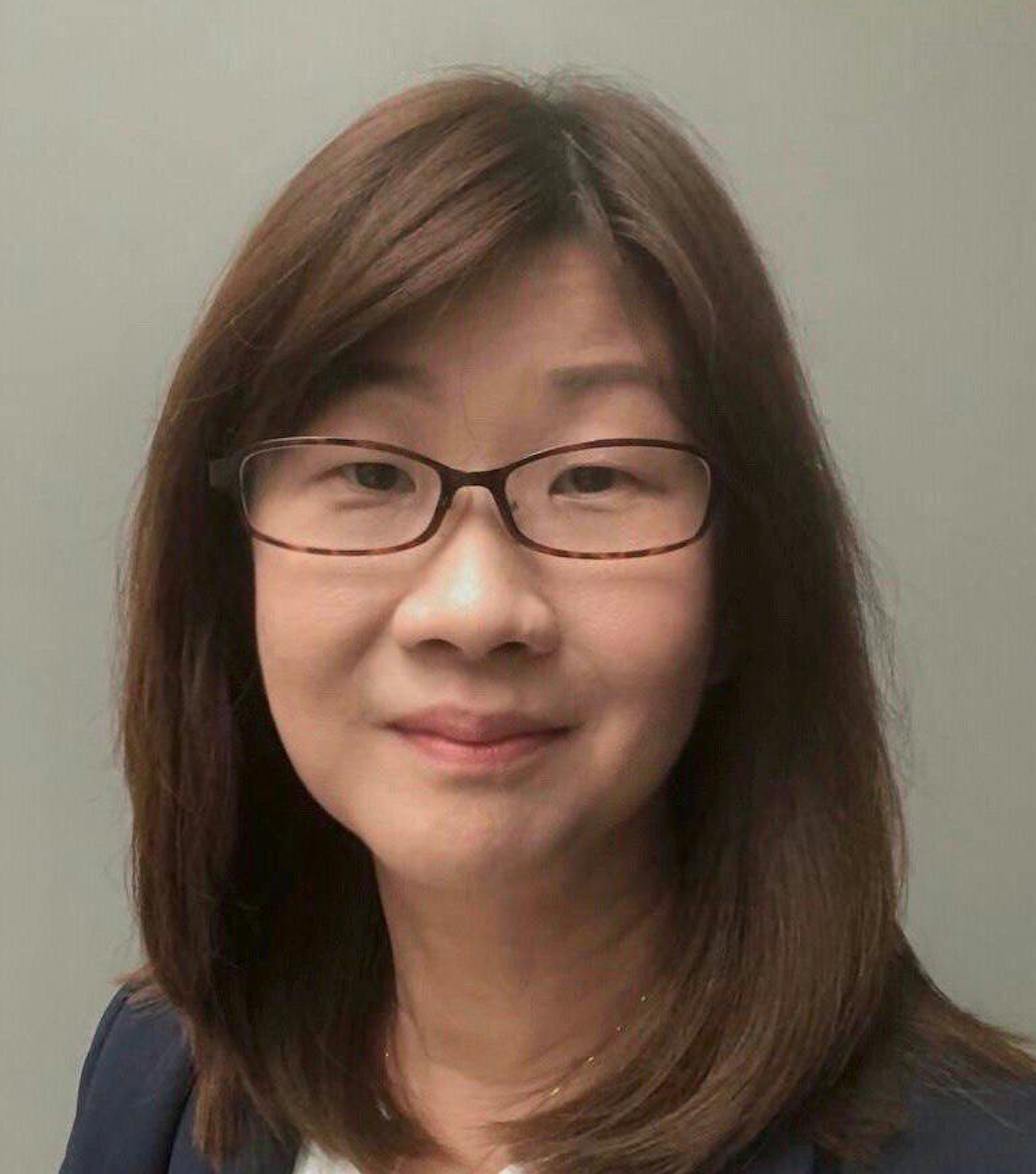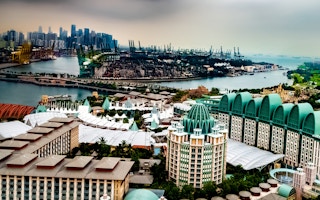Resorts World Sentosa (RWS) is one of Singapore’s top tourist destinations, but the casino-cum-theme park has not been spared the unlucky streak of shut-downs brought on by the Covid-19 pandemic. The resort closed for three months during lockdown, and made a net loss in 2020. This year, however, the Genting-owned firm has enjoyed better fortune, with a surge in gaming revenue making up for the lack of overseas tourists. Genting Group, headquartered in Malaysia, turned a net profit of S$88 million (US65 million) in the first half of this year.
To continue reading, subscribe to Eco‑Business.
There's something for everyone. We offer a range of subscription plans.
- Access our stories and receive our Insights Weekly newsletter with the free EB Member plan.
- Unlock unlimited access to our content and archive with EB Circle.
- Publish your content with EB Premium.
To ensure the good times continue when restrictions relax and Singapore begins to welcome back overseas tourists, RWS is ramping up efforts to appeal to a growing global tribe of people in the market for sustainable products and services that align with their values. This visitor, says Loh Su Kim, the company’s vice president of sustainability, is known as LOHAS, which stands for lifestyles of health and sustainability.
In August, the company announced attaining three green tourism certifications as it looks to position itself as a “sustainable lifestyle destination”. Nevertheless, the resort has drawn criticism for holding wild-caught dolphins in its aquarium and may need to tackle this issue if it hopes to attract environmentally-minded consumers.
Loh, who was previously RWS’s head of procurement, was appointed to run the sustainability function in January as the company looks to “pursue best in class sustainability practices as Asia’s leading leisure and tourism destination.”

Loh Su Kim, vice president, sustainability, Resorts World Sentosa
In this interview, Loh talks about making the career shift from procurement to sustainability, the biggest challenges she’s facing this year, and how the company is responding to criticism over captive dolphins.
All of your career you’ve worked in procurement. How are you finding the transition to sustainability?
I have spent the bulk of my career in procurement, and took on sustainability as an additional portfolio in January. Now I’m managing sustainability full-time. The transition has been fairly seamless, because I have some familiarity with the topic, having worked in responsible sourcing.
The roles are similar in many ways. In procurement, as in sustainability, I worked with many different business units, and needed to have a good relationship with them as well as a good understanding of their operations and the challenges they face. Both involve driving initiatives at the organisational level.
There are differences too. Procurement has clearly defined boundaries — you have a supply chain and business unit, and you iterate between a small circle. In sustainability, you need to work with a broad range of stakeholders, including government agencies, non-governmental organisations (NGOs), industry, and the community. Also, there is a large range of certifications and standards to get used to, and smaller organisations may not have the resources to digest the complexity of it. Keeping up to date with the pace of change in sustainability is challenging too.
How has your sustainability function between affected by Covid?
Covid has affected the business, but it’s had the opposite effect on our sustainability efforts. We’ve done a lot over the last year. We were the managing agent for two large community care facilities for Covid patients, and 2,000 of our staff volunteered to help run those facilities. We’ve also secured a number of certifications including with the Global Sustainable Tourism Council (GSTC).
“
Everyone is talking about going net-zero, but the technology is not matching up. I wish there were solutions to enable us to get there faster.
What are RWS’s sustainability priorities this year?
We work according to five sustainability pillars — environment, marketplace, customers, people and community. Those pillars don’t change much, but the pandemic and climate change are making our sustainability work more urgent. Secondly, we keep an eye out for new topics, such as diversity, inclusion and wellbeing, that are material to the business.
What is RWS doing to decarbonise?
Sentosa Island has declared that it will be a carbon neutral destination by 2030, and we’re one of the founding partners working towards that goal. We get together to brainstorm how to decarbonise and also how to address the new wave of tourism concerned about sustainability. We have just finished our carbon profile and we are in the midst of coming up with our decarbonisation roadmap as we work towards carbon neutrality.
Where is the company’s biggest source of emissions?
Electricity consumption and also Scope 3 emissions [the indirect emissions from the use of RWS services], which includes the supply chain, tenants, and business travel.
What about animal welfare? RWS has received criticism from animal welfare groups and the public for keeping wild-caught dolphins. What is RWS doing to address these concerns?
Biodiversity education, research and conservation are our material sustainability topics. We are working on a research programme that is not public yet, but it is one example of where we try to give back on biodiversity.
Do you feel that there’s an uptick in people caring about sustainability in Singapore?
Certainly. The pandemic and the consequences of climate change have forced the tourism industry to consider how travel will re-emerge, and in what form it will take in the future. Every other article on the tourism trade talks about the emergence of the green consumer or the LOHAS consumer (lifestyles of health and sustainability), which is why we’ve pursued sustainability certifications. We need to stay relevant for when travel returns.
Singapore’s hospitality sector is highly competitive. Are companies getting better at working together on sustainability issues?
I sit on the hotel sustainability committee, and we put our differences aside to work together. Covid really has forced us to work together. We are currently working on a sustainability standard for the hotel sector, as sustainable tourism is going to be huge in Singapore and globally.
What’s the one sustainability challenge that keeps you up at night?
Actually, I am having the time of my life. Sustainability is a very, very exciting space. But if there’s one thing that keeps me up at night it is technology. Everyone is talking about going net-zero, but the technology is not matching up. I wish there were solutions to enable us to get there faster.














